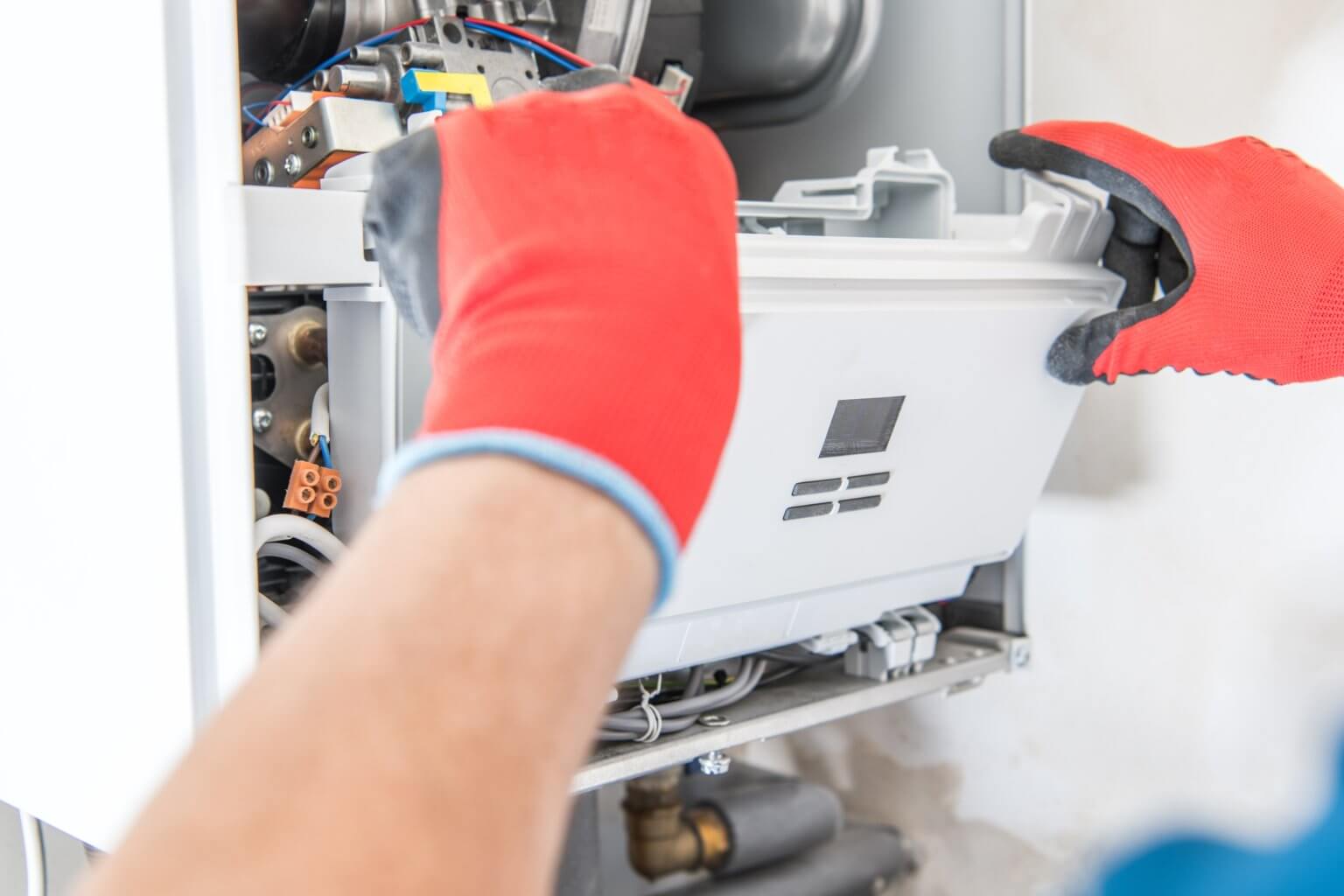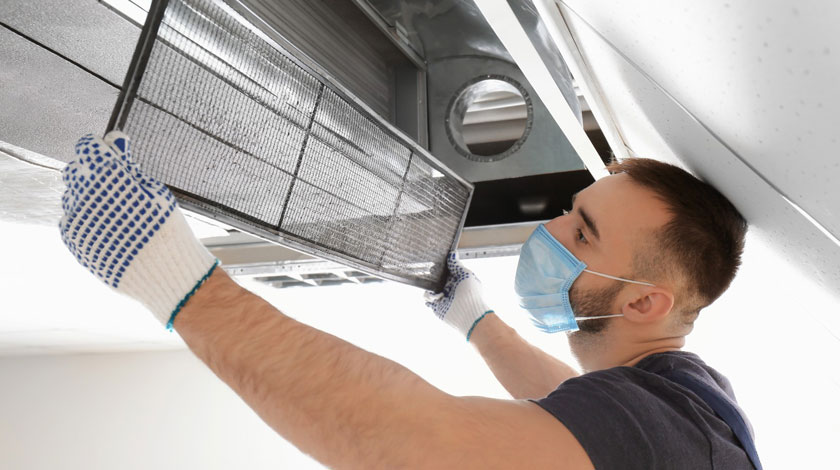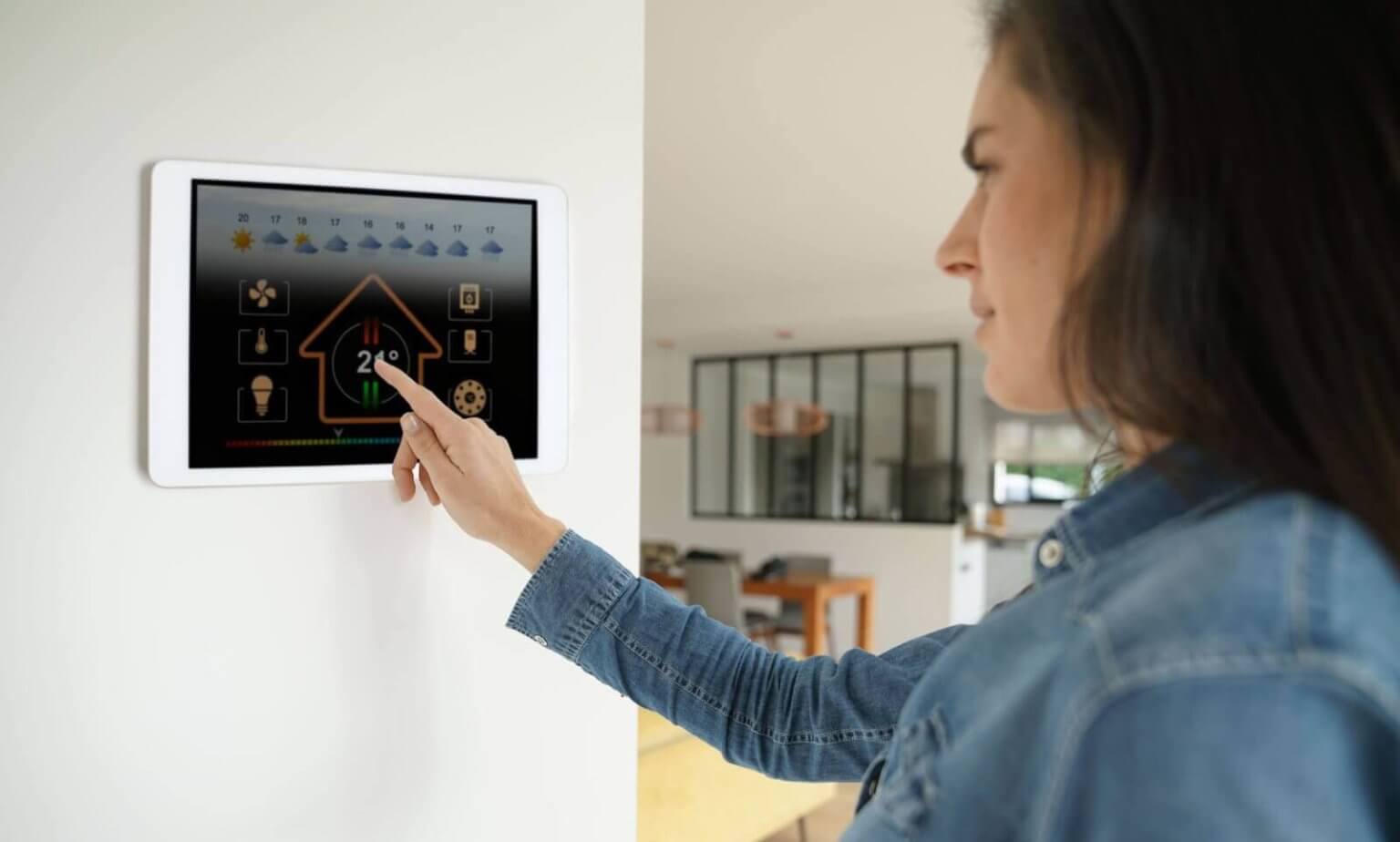What Is The $5000 AC Rule In Canoga Park?
Introduction
When the sweltering heat of summer arrives, air conditioning becomes a lifeline for many residents of Canoga Park. But what happens when that beloved AC unit starts to show its age? That's where the $5000 AC rule comes into play—a guideline that helps homeowners decide whether to repair or replace their aging units. With skyrocketing repair costs and ever-advancing technology in HVAC systems, knowing how to navigate this tricky terrain is crucial. So buckle up; we’re diving deep into the ins and outs of air conditioning repair versus replacement in Canoga Park.
The $5000 AC Rule in Canoga Park: Is It Time to Repair or Replace?
The $5000 AC rule is a simple yet effective guideline used by HVAC experts and homeowners alike. The premise is straightforward: If your air conditioning repair costs exceed $5,000 or are nearing 50% of the value of a new system, it's time to consider replacement rather than repairs. This rule takes into account both the financial burden and the longevity of your current system.

Understanding the Basics of the $5000 Rule
At its core, this rule helps you weigh the cost-effectiveness of keeping an older unit versus investing in a new one. Imagine you're facing a hefty bill for repairs—your first instinct might be to fix it and save your hard-earned cash. However, if those repairs are costly enough that they approach half the price of a brand-new system, you might want to think again.
Breaking It Down: Why $5000?
So why exactly is $5000 the magic number? Well, when considering an investment in your home, it’s essential to factor in not just immediate costs but also long-term benefits. A new unit can offer better energy efficiency, lower utility bills, and fewer breakdowns over time—making it potentially worth that initial outlay.
Signs Your Air Conditioner Needs Repair
Before diving into whether to repair or replace, you’ll need to identify if your AC truly needs attention. Here are some common signs that indicate your system may require repair:
1. Unusual Noises
If your air conditioner starts making sounds like grinding, squealing, or banging, it's time to pay attention. These noises could indicate loose parts or mechanical failures.
2. Frequent Cycling
Does your air conditioner turn on and off more often than before? Frequent cycling can suggest that your thermostat is malfunctioning or that there’s an issue with the compressor.
3. Poor Airflow
If you notice weak airflow from your vents even when set at a low temperature, there could be blockages or issues within ductwork that need addressing.

4. Increased Energy Bills
A sudden spike in energy bills often points towards inefficiency in your unit—possibly due to age or faulty components.
5. Leaks Around Unit
Fluid pooling around your AC unit can indicate refrigerant leaks or drain problems—both of which require immediate attention.
Common Air Conditioning Repairs in Canoga Park
If you've identified issues with your air conditioning system but aren’t sure about jumping straight into replacement mode just yet, let’s cover some common repairs:
1. Refrigerant Recharge
Over time, refrigerant levels can drop due to leaks or improper installation. A recharge is usually less expensive than other fixes.
2. Compressor Replacement
The compressor is critical for cooling; if it fails, you may face high repair costs—often pushing you closer toward replacement territory.
3. Thermostat Issues
Sometimes it’s just a faulty thermostat causing all sorts of trouble! Replacing this component can solve many headaches without breaking the bank.
When Is Replacement Worth It?
Sometimes replacing an air conditioner is more sensible than repairing it repeatedly. Let’s explore scenarios where this might be true:
1. Age Matters
An average air conditioning system lasts about 10–15 years. If yours is nearing—or has surpassed—that threshold and requires frequent repairs, it's likely time for an upgrade.
2. Efficiency Standards Have Changed
Newer models are significantly more energy-efficient compared to older units—so upgrading could save you money on monthly bills while keeping things cool!
3. Major Components Failures
If significant parts like compressors fail frequently or if multiple components go out simultaneously, consider putting those repair dollars toward a new unit instead.
Choosing Between Repair and Replacement: What Factors Matter?
Making this decision isn’t always straightforward; several factors come into play:
1. Cost Comparison Table
| Factor | Repair Cost | Replacement Cost | |--------------------------|--------------------|---------------------| | Average Repair | $300 - $2,000 | $4,000 - $10,000 | | Lifespan After Repair | 1-5 years | 10-20 years | | Energy Efficiency Rating | Low | High |
This table gives a quick snapshot of what each option typically entails financially!
2. Warranty Status
If you’ve recently invested in repairs while under warranty—and now face further issues—it may influence whether you lean toward another fix versus an entirely new purchase.
Cost Breakdown for Air Conditioning Repair vs Replacement
Understanding costs associated with both options can help solidify your decision-making process:
Repair Costs Explained
- Minor Repairs: Typically range between $100-$500.
- Major Repairs (e.g., compressor replacement): Can hit upwards of $2,000.
Tip: Always get multiple quotes before committing!
Air Conditioning Replacement Costs Overview
Replacing an entire HVAC system involves more significant upfront costs but offers long-term savings through improved efficiency:
- Central Air Systems: Generally range from $4,000-$10,000 depending on size and brand.
Tip: Look for seasonal discounts offered by local HVAC companies!
Energy Efficiency: The Long-Term Savings Advantage
One major benefit often overlooked during these discussions is energy efficiency—the greener technology available today reduces bills significantly compared with older models:
- Older systems generally have SEER ratings below 13.
- New systems can have SEER ratings as high as 25!
Higher ratings equate directly into lower operational costs over time—a critical factor when deciding whether to invest in new technology!
FAQs About Air Conditioning Repair vs Replacement
Let’s wrap things up by tackling some frequently asked questions regarding air conditioning decisions:
1. What should I do if my AC breaks down suddenly?
First things first—don’t panic! Call a certified technician immediately for diagnosis and recommendations tailored specifically towards YOUR model/unit situation!
2. How much does an average AC repair cost?
Costs vary widely based on severity—but expect anywhere from $100 for minor fixes up through several thousand dollars on significant failures like compressor issues.
3. Are there financing options available for replacement systems?
Absolutely! Many reputable HVAC companies offer flexible financing plans designed specifically with homeowners’ budgets in mind.
4. How do I maintain my AC unit properly?
Regular maintenance includes changing filters every month/seasonally cleaning coils/checking refrigerant levels!
5: When should I call an HVAC professional?
It’s always Check over here best practice getting professionals involved if ANY signs arise indicating potential failure (such as unusual sounds/leaks).

6: Will replacing my old unit increase my home value?
Yes! Energy-efficient upgrades are highly desirable features among buyers today—boosting property worth considerably!
Conclusion
Deciding whether to repair or replace your air conditioning unit using the $5000 rule isn't just about numbers; it involves weighing comfort against cost while considering future savings potential too! By understanding key indicators like efficiency improvements alongside current market trends within Canoga Park specifically—you’ll make informed choices benefiting both pocketbook & lifestyle alike!
So next time you're faced with decision-making regarding your trusty (or not-so-trusty) AC system… remember these insights! Whether choosing repairs OR opting for something NEW altogether… knowledge really IS power when navigating homeownership challenges head-on!